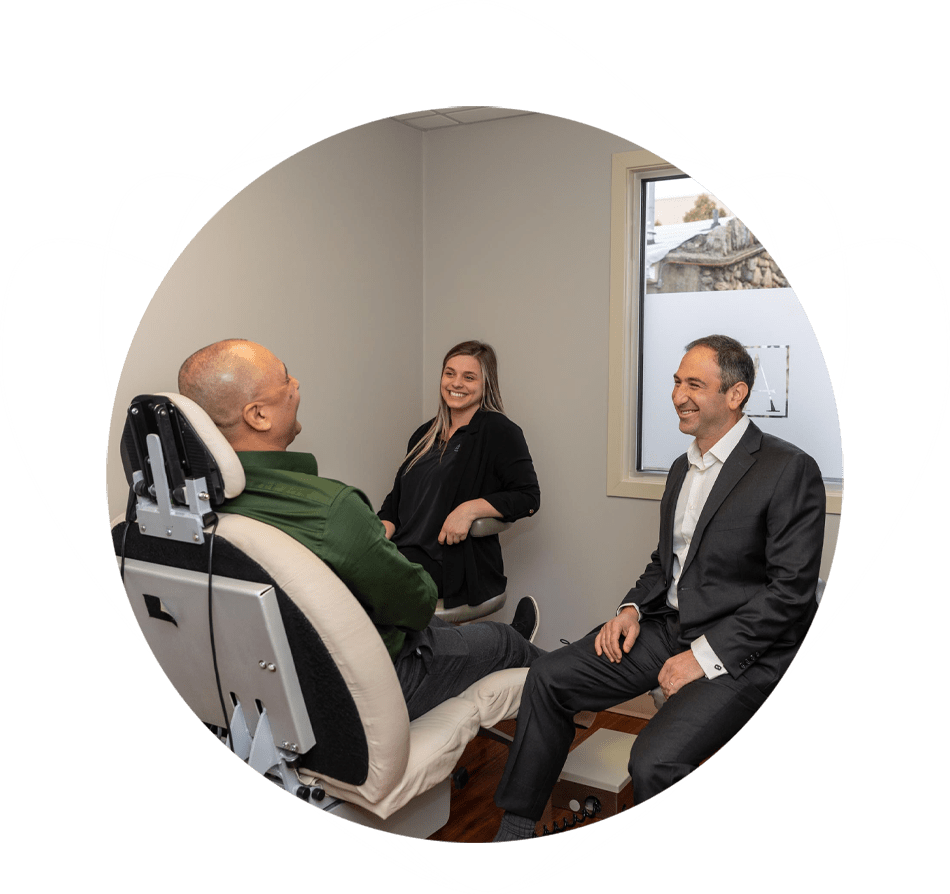Many people don’t understand temporomandibular joint disorders (TMJ). Unfortunately, this includes many people we might trust to help us get treatment for the condition, such as doctors, therapists, and dentists. Here is a guide to some of the more common myths people may tell you about TMJ.
All TMJ Is the Same
The truth of the matter is that we still don’t fully understand TMJ. And part of what we don’t understand is why it seems to be such a variable condition, with so many different causes, so many different symptoms, and so many different treatments. The answer is probably that there are actually many different types of TMJ, and we just haven’t sorted them out yet. That’s part of the reason why it’s important to try many different TMJ treatments: what works for others may not work for you, and vice versa.
You Have to Have Jaw Symptoms for TMJ
Jaw-related symptoms like jaw sounds or jaw pain are among the most common TMJ symptoms, but they’re not the only symptoms. People may experience headaches, neck pain, backaches, vertigo, and tinnitus among other symptoms. There may be jaw symptoms that aren’t noticed or were noticed but then went away (see below). If you have TMJ symptoms that aren’t responding to other treatment, consider TMJ treatment, whether you have jaw symptoms or not.
If My jaw Stops Popping, My TMJ Is Better
Popping or clicking jaw is caused by the displacement of the cushioning disc in the temporomandibular joint. It starts out of place, but then it will pop into place, causing the noise.
When the noise stops, it’s because the jaw disc is no longer slipping back into its place in the joint. This can lead to additional damage to the bones in the joint and to locking of the jaw. If your jaw popping stops, take it as a bad sign and seek professional health.
Forcing a Locked Jaw Helps Treat TMJ
Many self-help sites advocate just forcing your jaw closed if it locks open. This is not advisable. It can be painful and dangerous, with the potential to cause irreparable harm.
Blindly forcing your jaw closed can dislocate it, damage the cushioning disc in the joint, grind bones against each other, or even break the jawbone.
Seek professional help if your jaw locks. A professional knows how to maneuver the elements in the jaw so that it can close safely. They might be able to teach you how to successfully do this yourself without causing injury.
Only Women Get TMJ
It’s true that women are the ones who seek treatment for TMJ most of the time. But some research suggests that many men have TMJ but don’t seek treatment.
In fact, the largest study on TMJ risk factors found that men and women develop TMJ at about the same rate. This means that many men may have TMJ but go undiagnosed. This is not because they don’t have the symptoms, it’s because their doctors don’t recognize the condition because they think TMJ is a women’s condition.
This may seem improbable, but it’s been documented for the closely related condition migraines.
Surgery Is the Only Treatment for TMJ
Many people think that the only way to treat TMJ is with surgery. Surgery is used for advanced cases of TMJ where destruction of its components requires joint replacement. But if we start early, we can use nonsurgical and noninvasive treatments to prevent the need for surgery.
You Only Develop TMJ When You’re Young (or Old)
Another myth about TMJ is that it only develops when you’re a teenager (maybe related to braces). Although it’s true that many people develop TMJ when they’re teens, it’s also true that TMJ can develop at any time during your life. It can develop as a result of jaw trauma, a whiplash injury, arthritis, or as a result of malocclusion.
TMJ Treatment Is No Myth
Although there are many myths and misconceptions surrounding TMJ, there’s one thing that’s no mistake: TMJ treatment works. Many people are able to experience relief from symptoms: jaw pain, headaches, tinnitus, and more can be reduced or eliminated.
To learn more about TMJ treatment in Westchester County, please contact us today for an appointment with a TMJ dentist at Advanced Dentistry of Mohegan Lake.





